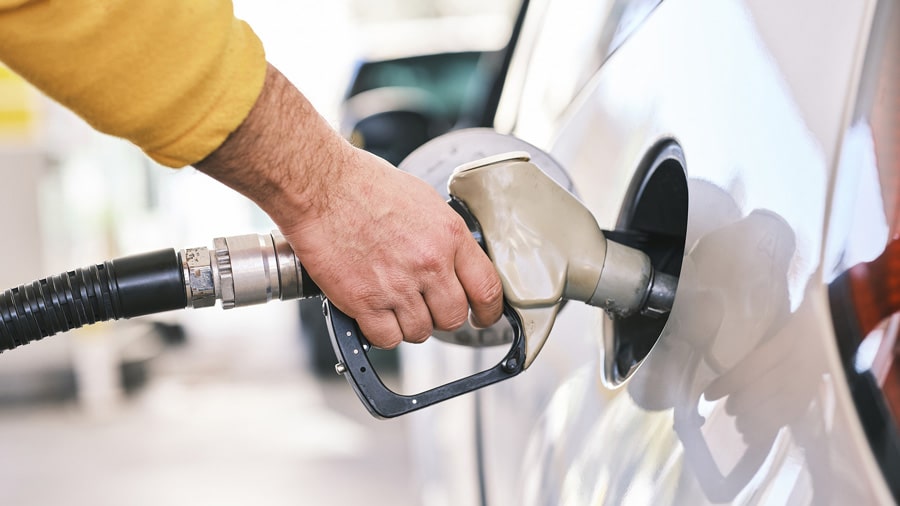
“400 Plus What?”: Differences Between 403b, 457b, and 401k Retirement Plans
March 10, 2022
Customer Service Standards that are Second to None: HR Director Commends Michigan Planners’ Company Values
March 24, 2022Drive safely. Unsafe driving habits such as speeding, hard braking and idling can significantly reduce your vehicle’s fuel efficiency. As such, be sure to always obey speed limits and remove your foot from the gas pedal well before braking. Also, utilize cruise control when possible to maintain a consistent speed and turn your vehicle completely off instead of leaving the engine running while stopped for extended periods.
Check your tires. Poorly inflated tires can affect your vehicle’s handling and braking capabilities, increasing the risk of a blowout on the road and lowering overall fuel mileage. Make sure to check the pressure of your tires frequently and inflate them as needed.
Prioritize maintenance. Apart from keeping the tires inflated, having your vehicle serviced routinely can also help it run more efficiently. Check your vehicle’s owner’s manual for recommended maintenance intervals.
Avoid drag. Excess weight in your vehicle can generate a drag on the engine, forcing it to consume additional gasoline. To avoid driving around with unnecessary weight and wasting fuel, check the back seat and trunk for any items that could be removed. Additionally, keep the windows up while traveling on the highway to further minimize drag.
Give the air conditioner a break. Running your vehicle’s air conditioner can also result in the engine using extra fuel. Try to limit your use of the air conditioner by turning it off five minutes before reaching your destination and parking in the shade or a covered garage.
Combine trips. Instead of taking several short trips to run errands, consider combining these journeys to promote fuel efficiency and prevent your vehicle’s engine from having to warm up multiple times. If possible, don’t run errands during rush hour, as driving amid heavy traffic can waste gasoline.

